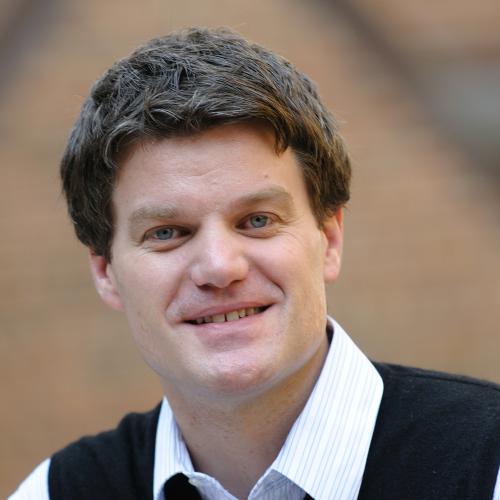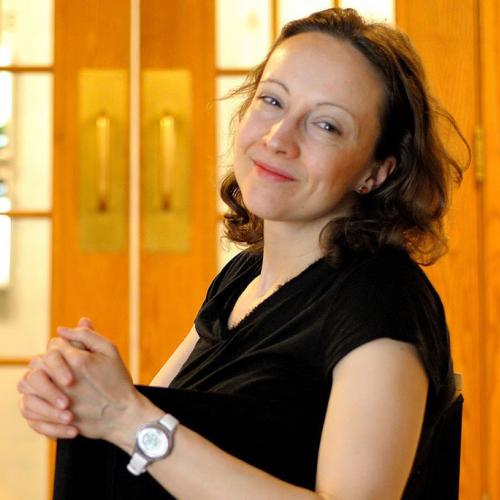

A recent publication by a group of iSchool researchers provides new insight into the claim that men self-cite their publications more often than their women counterparts. The paper, "Self-citation is the hallmark of productive authors, of any gender," coauthored by doctoral student Shubhanshu Mishra, Brent Fegley (MS/LIS '10, PhD Informatics '16), Associate Professor Jana Diesner, and Associate Professor Vetle Torvik, was published in PLOS ONE on September 26 and selected as an Editor’s Pick by PLOS Collections.
To replicate the gender gap, the researchers used a probabilistic model of self-citation based on over 1.6 million papers in PubMed with two or more authors, in which 5.5 million of the 41.6 million citations are self-citations. They found that gender has the weakest effect on the probability of self-citation among the features tested, including byline position, affiliation, ethnicity, collaboration size, time lag, subject-matter novelty, reference/citation counts, publication type, language, and venue. The features that explain most self-citations have more to do with opportunity, accessibility, and visibility than gender and culture.
Citations boost the visibility of a paper as well as the paper's author and are an essential part of scientific communication. While a gender effect exists, the researchers state that it is certainly not the "gender gap" previously noted. They conclude that self-citation is the hallmark of productive authors of any gender.
Research reported in the publication was supported in part by the National Institute on Aging of the NIH (Award Number P01AG039347) and the Directorate for Education & Human Resources of the NSF (Award Number 1348742).